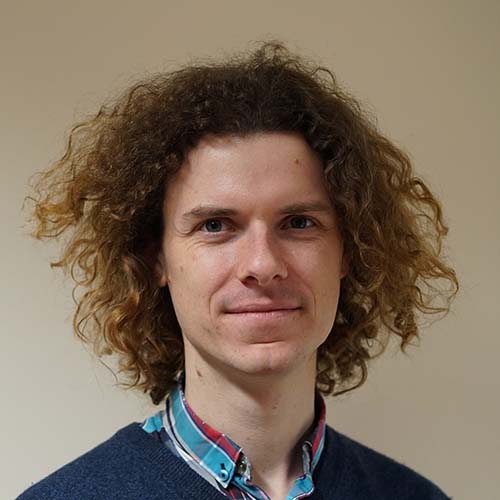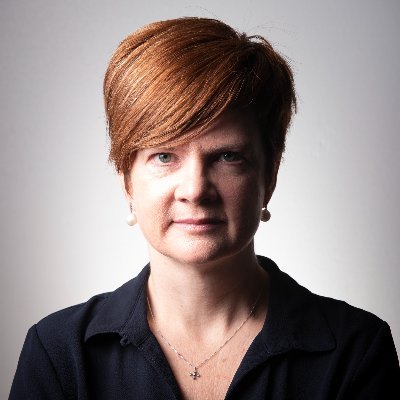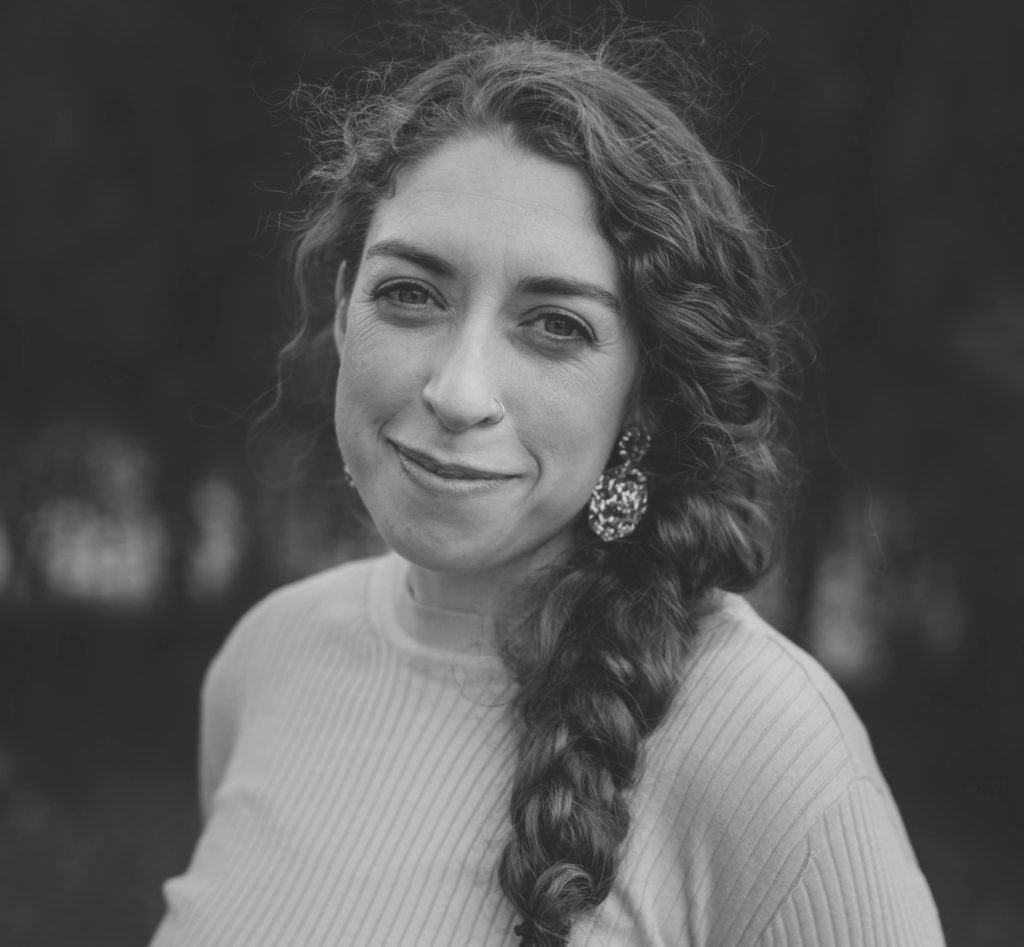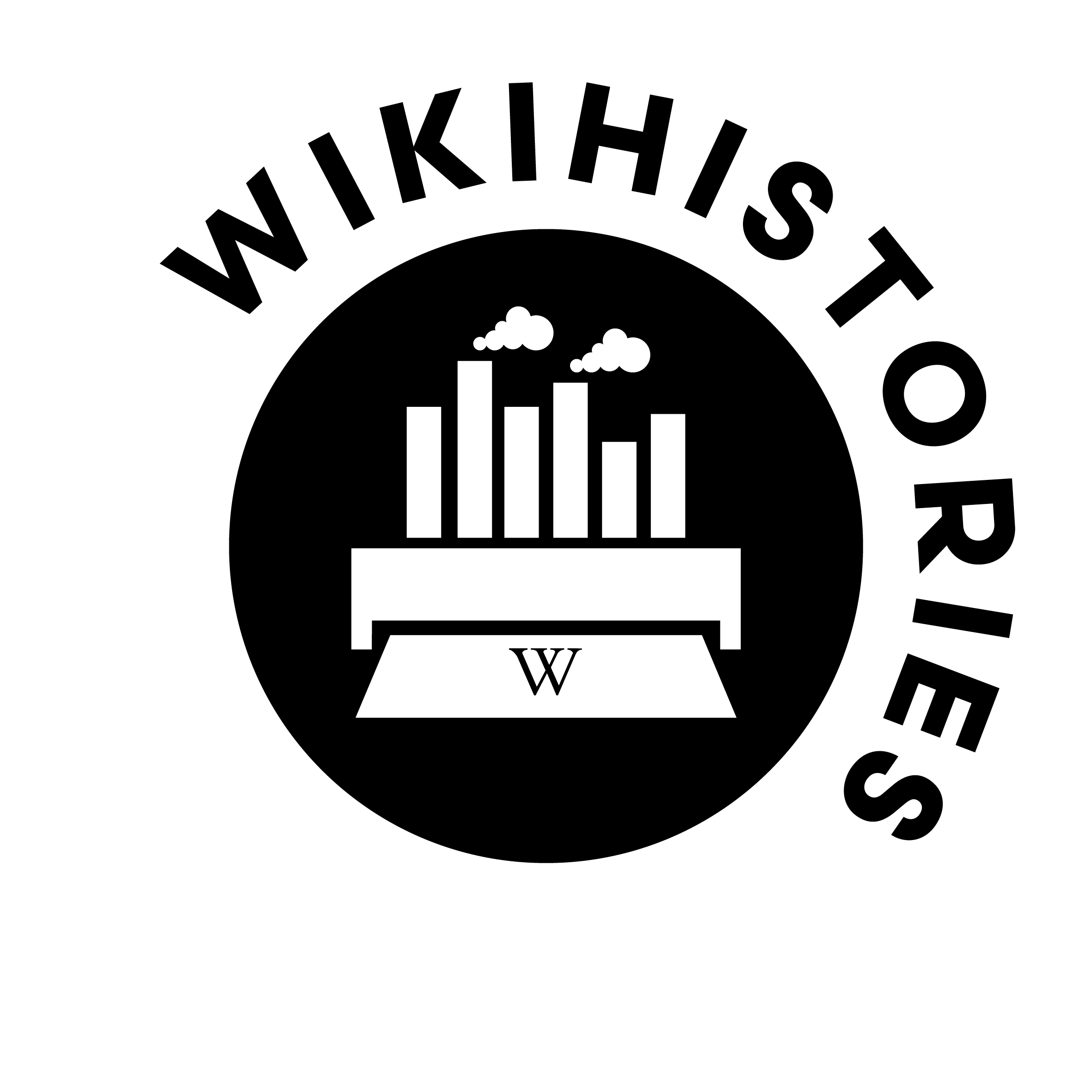In today’s newsletter, we launch the Manifesto for Wikipedia Research, an accompanying commentary led by one of the manifesto’s authors, Steve Jankowski for Big Data & Society and provide you with a reading list that Wikipedia researchers have chosen for PhD students, researchers, journalists and others interested to start learning about the socio-technical life of Wikipedia.
The Manifesto for Wikipedia Research
The Manifesto for Wikipedia Research (authored by Heather Ford, Bunty Avieson, Francesco Bailo, Michael Davis, Michael Falk, Sohyeon Huang, Andrew Iliad’s, Steve Jankowski, Amanda Lawrence and Francesca Sidoti) marks an important milestone for the wikihistories project. We started work on the manifesto at last year’s wikihistories symposium in Brisbane and have spent the past year refining it, expanding on it for an accompanying commentary in Big Data & Society and developing a website to house it. In writing the manifesto, we extend the important work done 15 years ago by the Institute for Network Cultures to provide a space for critical research on Wikipedia. As editors of the groundbreaking CPOV (Critical Point of View) Reader, Geert Lovinck and wikihistories Partner Investigator, Nathaniel Tkacz articulated in the introduction to the reader, the “C” in “Critical” is not about being negative or dismissive about Wikipedia but rather about taking Wikipedia seriously by asking critical questions about its important place in the world.
15 years later, nurturing a space for Wikipedia researchers, artists and activists in the humanist tradition is more important than ever, as is articulating what questions are important for researchers to answer. Wikipedia’s place in the world is different now. In an age where Wikimedia functions as public knowledge infrastructure, new questions are emerging — about open data, public knowledge, the agency of contributors and the outcomes of their labour. We wrote a manifesto to articulate some of those questions and to provide guidance for researchers interested in a more critical approach to Wikipedia/Wikimedia studies in a field often dominated by positivist, deductive and quantitative research.
Have a read of the manifesto. Share it with researchers and students. It is a work in progress and we are keen to explore a v2 with you.
What I would read if I was starting my Wikipedia research journey…
We asked the authors of the Manifesto for Wikipedia Research to send us one piece of writing that they would read if they were starting their Wikipedia research journey today. For other necessary reading on Wikipedia, also see the references in our Big Data & Society commentary. They provide a useful starting point for research on Wikipedia from the humanist tradition.

Steve Jankowski recommends “Wikipedia Matters” in, Writing the Revolution: Wikipedia and the Survival of Facts in the Digital Age by Heather Ford (2022).
Ford’s opening chapter introduces one prevalent theory used to make sense of where Wikipedia’s facts come from (the “mirror” theory of Wikipedia) and her corrective “allies and companions” model which is sensitive to the sociotechnical construction of knowledge.

Michael Falk recommends “Can History Be Open Source? Wikipedia and the Future of the Past” by Roy Rosenzweig (2006).
Rosenzweig’s seminal essay is especially appealing to me as a literary scholar, because he captures so well the literary qualities of Wikipedia. He is spot-on about Wikipedia’s ‘encyclopedia style’ and ‘whatever-centric’ biases. Wikipedia is so familiar, it is easy to overlook how it is written. Rosenzweig helps us to see it for the eccentric, passionate, wonderful, massive work of literature that it is.

Heather Ford recommends “Wiki space: palimpsests and the politics of exclusion” by Mark Graham (2011).
Graham’s chapter appears in the historic “Critical Point of View: A Reader” – it is historic, because it offered one of the first serious critiques of Wikipedia “from the inside”. I love to tell the story of how radical it was to see Graham’s maps demonstrating Wikipedia’s biases in 2009 and how even today there is an assumption that Wikipedia cannot be biased because it is technically open to contributions by all.

Bunty Avieson recommends “A river by any other names: Ganga/Ganges and the postcolonial politics of knowledge on Wikipedia” by Sangeet Kumar (2017).
In analysing the edit war of the Ganga/Ganges page on English Wikipedia, Sangeet Kumar demonstrates how Wikipedia, with its western skew of editors, referencing and hierarchies of knowledge, has created new sites for colonialism.

Francesca Sidoti recommends “Ethnographies of the Digitally Dispossessed” by Heather Ford (2022).
Ford’s chapter examines an attempt to diversify citations on Wikipedia–the Oral Citations project in 2011–and what the ultimate failure of this attempt reveals about knowledge practices and gatekeeping on the platform. In light of this case study, Ford argues for undertaking ‘ethnographies of the digitally dispossessed’ in studying Wikipedia and offers three strategies for researchers keen to do this work.

Michael Davis recommends “The Realienation of the Commons: Wikidata and the Ethics of “Free” Data” by Zachary McDowell and Matthew Vetter (2024).
McDowell and Vetter’s article examines how Wikipedia’s ideal of a knowledge commons – an open community of editors working for the common benefit of all – has been undercut by the use of the CC0 “No Rights Reserved” licence on Wikidata, leaving the commons open to commercial exploitation and alienating editors from their contributions to the commons.

Andrew Iliades recommends Writing the Revolution: Wikipedia and the Survival of Facts in the Digital Age by Heather Ford (2022).
A fascinating exploration of how Wikipedia makes and maintains truth in a time of digital misinformation, providing enlightening, behind-the-scenes insight into the struggle over facts. Ford’s subtle analysis makes this book a must-read for scholars of media, knowledge production, or data politics.
If you want a copy of your own or to send around, here is a handy printable PDF with all the information about the Manifesto.
Contact us
Any news for us to share about Wikipedia and its role(s) in history making? Contact us!
